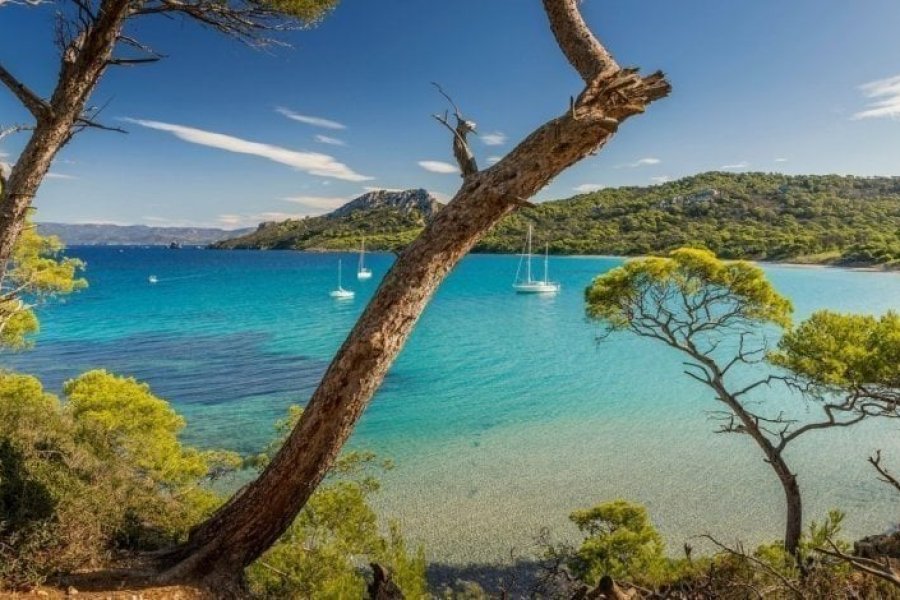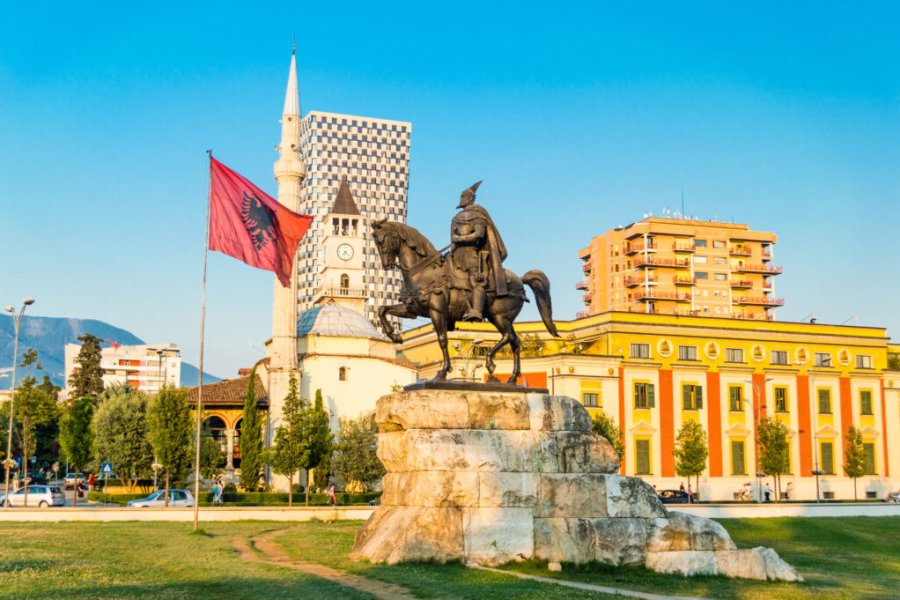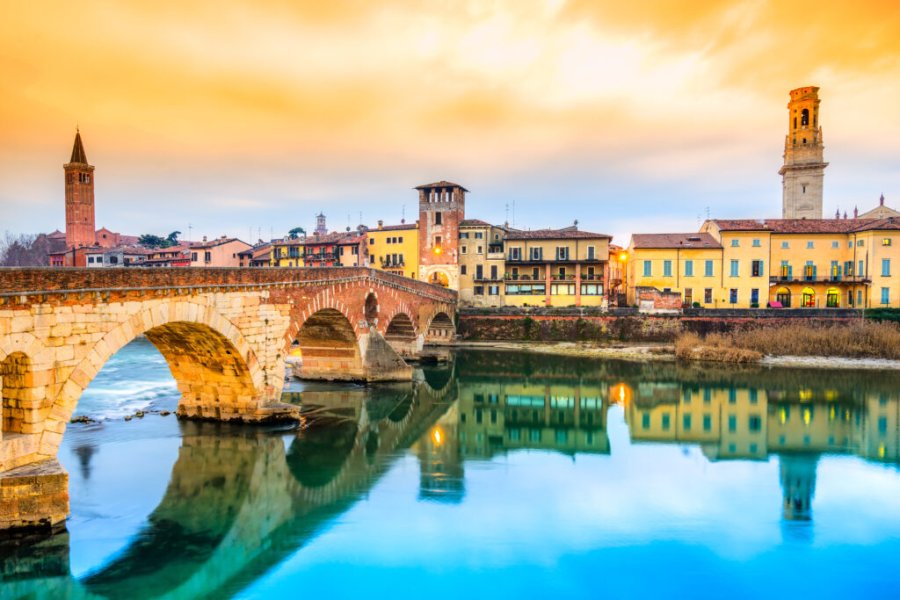Travel Guide Halle-On-Saale
Find an accommodation
Advertising
The second-largest city in Saxony-Anhalt (pop. 238,000), home of Handel, is full of contrasts, some say for better or worse. The best are the beautiful streets of its historic center, reminiscent of the days when Halle (Saale) was the great salt city. The city, spared during the Second World War by surrendering without resistance to the Allies, has preserved its historic substance, notably Renaissance and medieval, like few large German cities. And this despite the demolition work carried out in the 1980s, due to the lack of maintenance of the buildings in previous decades, which added a Plattenbau (concrete bar) here and there to remove the harmony of a Renaissance street. As a result, Halle's architectural landscape is incredibly rich, but also sometimes surprisingly disharmonious - which, incidentally, lends the town a great deal of originality! What's worse is the surrounding area, an entire region transformed into a gigantic chemical factory... which has been virtually abandoned since the end of the GDR. As a result, Halle is in incredible decline; it has lost over 100,000 inhabitants in 15 years, and is the poorest city in Germany... For these reasons, and for the political bungling of Saxony-Anhalt since the creation of the Land, Halle is extremely undervalued as a tourist destination, even in Germany. Yet the town has great potential and real charm! Today, the city is making great efforts to restore and harmonize its heritage, and it could well be that one of these four mornings a "Halle-Boom" will be born, after the "Berlin-Boom" and the current "Leipzig-Boom". We hope so!Halle is the birthplace of the composer Handel; Luther worked here, as did the Pietist pedagogue Francke; many painters and philosophers have lived here. Today, you can still feel this prestigious past, coupled with charming sites on the River Saale, pretty castles and lively streets. Cultural activities are of surprisingly high quality for a medium-sized East German city, even if some institutions are struggling to survive for lack of profitability and funding. An important university hub (the university is 500 years old), international research centers and public and private initiatives keep Halle at the forefront of culture.You won't just find old stones, but also places to go out and stroll. And some curious surprises, such as the Beatles Museum, opened in 2000 and attracting huge crowds... Halle celebrated its 1200th anniversary in 2006. As a salt-trading town, integrated by Otto I into the Archbishopric of Magdeburg, it was for centuries the prestigious secondary residence of the archbishops. Until the region adopted the Reformation. After a period of independence, the city fell into the hands of the Electors of Brandenburg and later the Kings of Prussia. At that time, as in the GDR when it became a sprawling center of chemical industry, it maintained a strong distinctiveness, which can be felt everywhere today: Halle is unlike any other city.If you're visiting in early June, don't miss the prestigious Handel Festival.
What to visit Halle-On-Saale?
Advertising
Suggested addresses Halle-On-Saale
Weather at the moment
Advertising
Organize your trip with our partners Halle-On-Saale
Transportation
Book your plane tickets
Car Rental
Boat rental
Accommodation & stays
Find a hotel
Holiday rental
Find your campsite
Tailor-made trip
Immersion travel
Services / On site
Activities & visits
Find a doctor
Find unique Stay Offers with our Partners
Other destinations nearby Halle-On-Saale
100 km away














